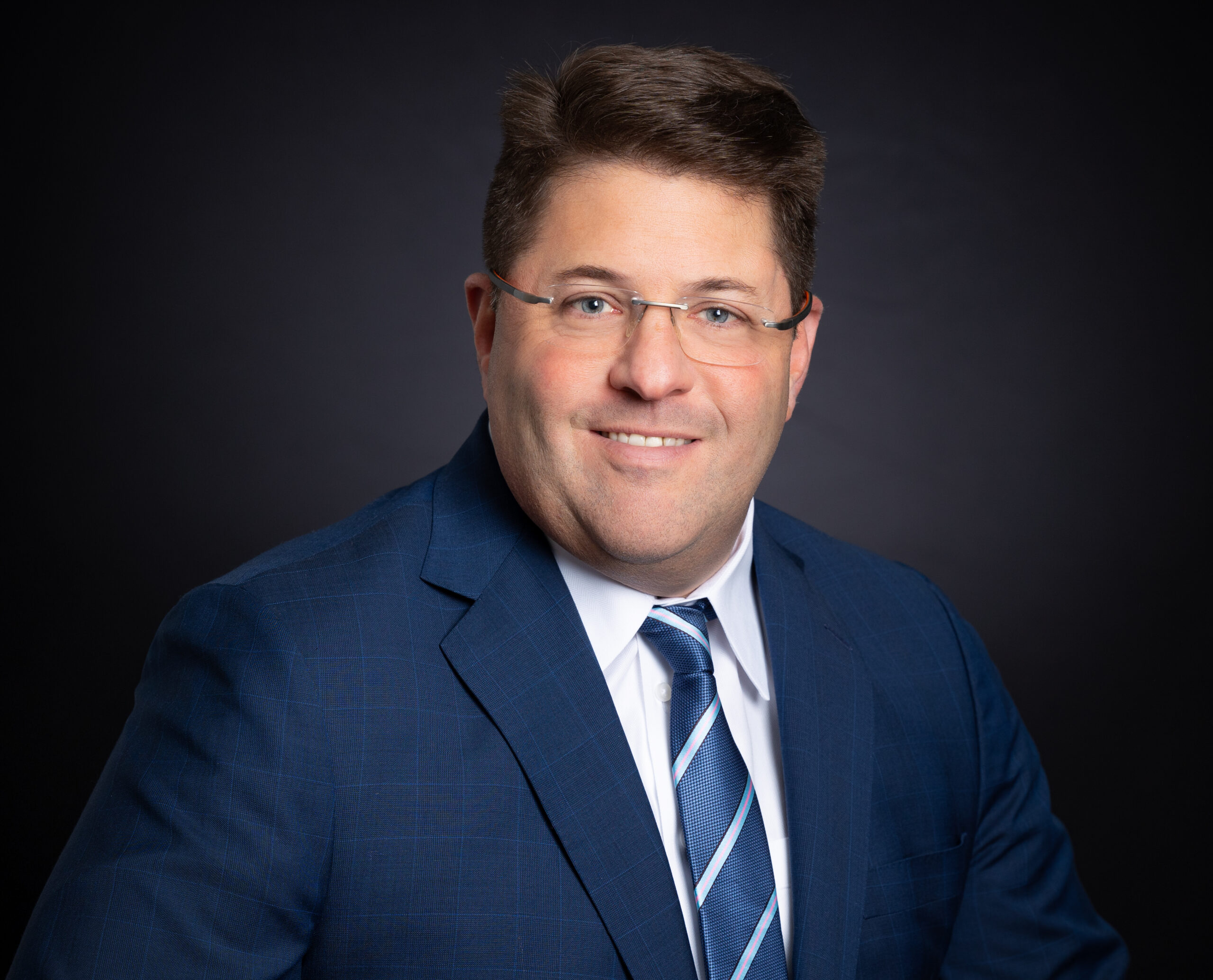
The Medicaid program in each state can choose to include dental care coverage for its adult Medicaid recipients. Medicaid dental coverage in New York includes emergency and routine dental care to prevent severe diseases and life-threatening complications.
The Law Office of Andrew M. Lamkin, P.C., assists New York seniors with all aspects of Medicaid planning. Even though many people require Medicaid coverage, the application process is complex. Andrew Lamkin is a skilled attorney who knows his way around New York Medicaid law. If you need help navigating Medicaid eligibility, coverage, or application requirements, we can help. Contact us today.
What Is Medicaid?
Medicaid provides health coverage for low-income families, pregnant women, children, disabled, and elderly people. Medicaid can help you afford your medical care when you reach age 65. Each state administers a Medicaid program for its residents and establishes its eligibility and coverage guidelines according to federal regulations. The federal government requires states to cover specific services, like hospital stays, doctor visits, nursing home care, and home health services. Adult dental coverage is optional, and each state can choose whether or not to offer Medicaid dental benefits. New York’s program includes extensive dental benefits that cover emergency and preventative services.
New York Medicaid Eligibility Requirements
Medicaid is a needs-based program. Only people whose income and resources fall below the state limits are eligible. Beginning in 2023, an individual must have an income of less than $1,563 per month and resources under $28,133 to be eligible. A couple qualifies with a monthly income of under $2,106 and resources under $37,902. If you qualify for the State Supplement Program, New York’s portion of Supplemental Security Income payments, you will automatically be eligible for Medicaid.
To apply, you must print and complete an application (DOH-4220), which documents your income. For most New York residents, you will file your application with the local county Department of Social Services. If you live in New York City, you will file with the NYC Human Resources Administration. Applicants over 65 must also complete Supplement A (DOH-5178A), which documents your resources.
The rules for what income and resources you must report on your application are complicated but typically include the following:
- Earned income—this includes income from a regular job and freelance work, running a small business, or renting out space in your home to lodgers and boarders;
- Unearned income—this includes pensions, government benefits, dividends, interest, insurance payouts, and other types of payments not tied to work;
- Resources—this includes real property, cash, and assets that can be quickly converted to cash, including bank accounts, life insurance, stocks, bonds, mutual fund shares, and promissory notes; and
- Some asset transfers—if applying for nursing home coverage, resources include any assets you transferred for less than market value in the preceding 60 days.
Many people believe they are ineligible for Medicaid due to the income requirements, but this is not always true. When determining an individual’s eligibility, Medicaid disregards many income sources and resources. For example, Medicaid ignores assets placed in certain trusts, allowing you to qualify and set aside money for your family. With careful planning, most people can meet the eligibility requirements.
New York Medicaid Dental Coverage
The New York Department of Health believes that oral health is essential to your overall health. When your oral health suffers, your overall health also suffers. That’s why you can receive preventative dental procedures with Medicaid. However, Medicaid only covers medically necessary procedures, such as disease-preventing extractions. In addition, Medicaid will not pay for services that can be performed effectively with cheaper materials.
Using your New York Medicaid card, you can receive these services without prior approval:
- Emergency care, including treatment for pain or infection;
- Oral examination and treatment plan;
- Periapical, bitewing, occlusal, and extraoral X-rays;
- Preventative care, including cleaning and polishing;
- Repairs and filings with silver, silicate cement, plastic materials, or stainless steel in some cases;
- Root canal treatment for one incisor or cuspid tooth;
- Extraction of infected or nonrestorable teeth when a prosthetic is not required; and
- Repairing full or partial dentures, crowns, or bridge facings.
You must seek pre-approval before New York Medicaid covers any procedure not specifically listed in the state’s regulations. Additionally, adults over 21 can only receive orthodontic care in conjunction with a medically necessary surgical procedure. While coverage only includes essential services, you can appeal or request a Fair Hearing if the Department improperly denies your claim.
How To Get Dental Care with New York Medicaid
You can choose to visit any licensed dentist enrolled as a provider for New York Medicaid for your dental care. Dental services covered by Medicaid must meet the same quality standards as those provided to the general public. All therapeutic agents and materials must be approved by the State Commissioner of Health and meet American Dental Association standards. You can find a list of providers who accept Medicaid on the New York State Department of Health website. You can also visit one of the licensed New York Academic Dental Center clinics. When receiving services at a licensed school, you can receive non-listed services without prior approval, except for implants, implant-related services, and orthodontics.
The Role of a Medicaid Attorney
Planning for Medicaid is an essential part of preparing for retirement. However, the application is lengthy and complicated, and the eligibility requirements are complex. You need an attorney who has experience in this area and who is familiar with state law to help you navigate the application process, especially if you have income or assets exceeding the state limits. Andrew M. Lamkin has been practicing elder law and Medicaid law since 2007 and can help you with:
- Completing the New York Medicaid application process,
- Meeting income and resource eligibility requirements,
- Transferring assets to family members without triggering the look-back period,
- Identifying strategies to protect your income and assets, and
- Maximizing the income and assets available to your non-Medicaid spouse.
You can trust the Law Office of Andrew M. Lamkin to provide compassionate, personal service to help you prepare for your future. Our services extend far beyond Medicaid law. We can also assist you with asset protection, estate tax liability, probate, advanced directives, veterans benefits, special needs planning, and more. Contact us today online or by phone to schedule a free consultation.




